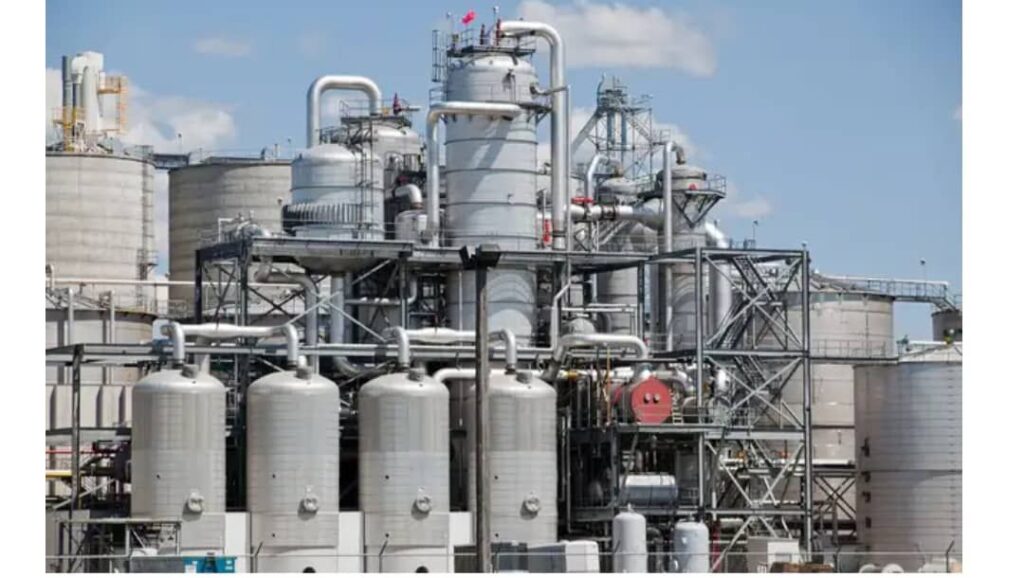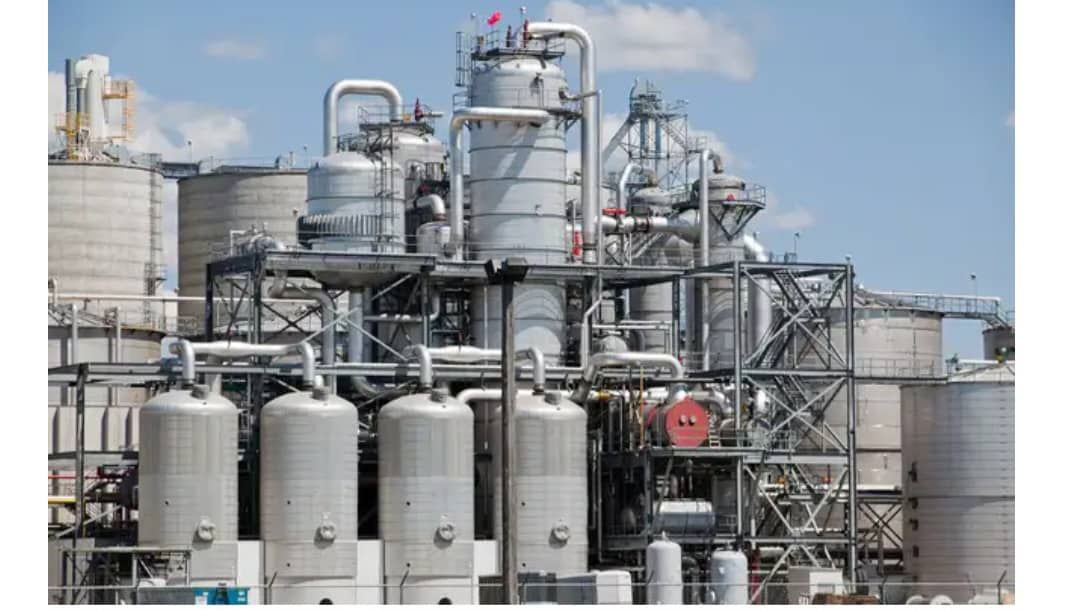By Linda Kwanjana
The office of His Royal Highness Sheikh Ahmed Al-Qassimi says he is in a working partnership with the Malawi Government.
In a press statement which his office released on Sunday, the working agreement remains intact.
According to a statement that was dully signed by the President of the Board
Dr. Marcin Lapa, His Royal Highness Sheikh Ahmed Al-Qassimi identified sustainable solutions and drive towards long-term growth.

He said his office is aware that Malawi is currently facing several critical challenges that impact its development trajectory.
According to the statement, these include limited access to essential resources like fuel, fertilizer, and food, alongside significant issues in the energy sector and a scarcity of hard currency (US dollars).
This lack of foreign reserves hampers Malawi’s ability to secure vital commodities, putting pressure on both its economy and the wellbeing of its people.
“In our efforts to support Malawi, we have formed a strategic partnership with the government, leading to the signing of a Memorandum of Understanding to formalize collaboration,” He says.
According to Sheikh , the partnership was established after thorough discussions to identify the most critical challenges the
country faces.
“Our close collaboration with the President’s Office, various ministries, and key
stakeholders has allowed us to formulate a comprehensive strategy aimed at addressing the country’s most pressing needs,” reads part of the statement.
The Office of Sheikh Ahmed Al-Qassimi, a distinguished member of the ruling family of Ras Al Khaimah, UAE, operates with a singular mission, which is to foster economic development and social
progress through innovative and impactful investments while focusing on sectors critical to the advancement of developing nations, such as energy, natural resources, agriculture, and infrastructure.
The Office of Sheikh Ahmed Al-Qassimi,
believe in long-term solutions aimed at addressing not only immediate needs but also the underlying structural challenges that countries face.
The project is designed to create lasting economic opportunities, improve food security, promote technological
advancement, and ensure the efficient use of resources in the countries where we operate.



